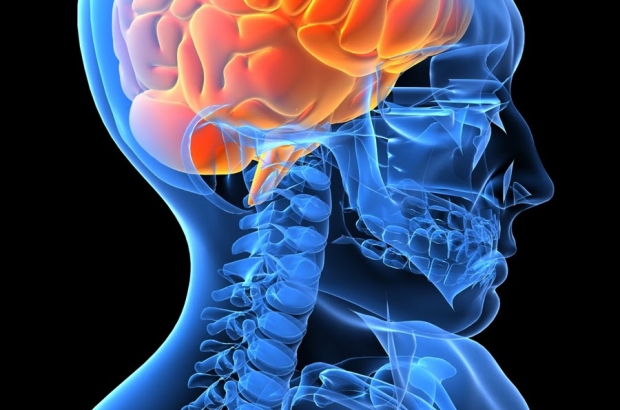- Daily & Weekly newsletters
- Buy & download The Bulletin
- Comment on our articles
Breakthrough in treatment of dementia at KU Leuven
Molecular biologists at the University of Leuven (KU Leuven) and the Flemish life sciences research institute VIB have made global headlines with ground-breaking research on a treatment for dementia. The researchers simulated the origination of dementia in the lab and were able to repair the genetic defect.
The team examined three patients with frontotemporal dementia and transformed the patients’ skin cells into stem cells. The stem cells were then manipulated to simulate cells of the cerebral cortex.
“We then tried to develop brain cells that were affected by dementia but didn’t succeed,” explained professor Catherine Verfaillie of KU Leuven. Further genetic research on people both with and without dementia revealed the reason: a specific “genetic signalling pathway,” said Verfaillie. This genetic transmitter prevented the cells from developing into fully functioning cerebral cortex cells.
Through the repression of a specific plasma molecule found in dementia patients, the scientists were able to replicate healthy cerebral cortex cells. This mechanism could also be used to treat patients with dementia.
But much more research is needed, confirmed Verfaillie. “To repress the molecule, we used substances that also play a major role in other organs, so we have to search for a more targeted way to work,” explained Verfaillie. They also need to assess whether this procedure would work with other forms of dementia.


















